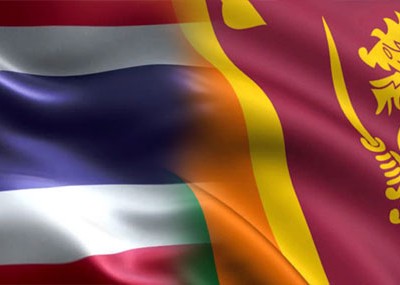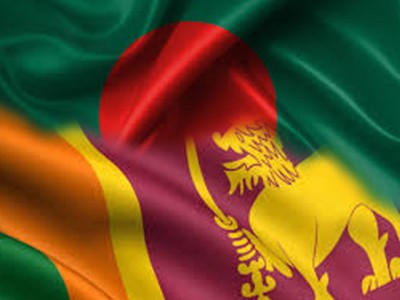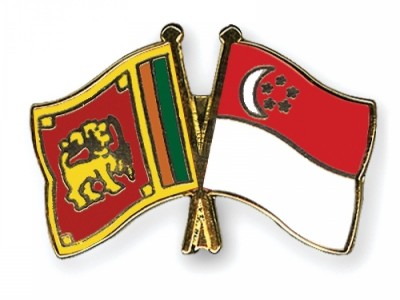The – Indo-Sri Lanka Economic And Technology Cooperation Framework Agreement (ECTA).
Following the relatively weak performance of the Sri Lanka-India FTA, ECTA is intended to boost trade and deepen the economic partnership between Sri Lanka and India.
In Sri Lanka ECTA has proved controversial as it provides for the free movement not only of goods but services. This could include professional services – ie it may become easier for Indian professionals to work in Sri Lanka and Sri Lankans to work in India. India’s large, inexpensive, skilled labor pool is perceived by many in Sri Lanka to be a threat to local jobs and employment. – in
The Indian High Commissioner in Sri Lanka, Taranjit Singh Sandhu, has said that India is ready to move on the ETCA at a pace Sri Lanka is comfortable with. Talks between the two countries began in August last year with the hope that the agreement could be signed by end of 2016. However stiff opposition in Sri Lanka regarding has slowed progress on negotiations.
India hopes ETCA will enable it to participate extensively in the post-war economic development of Sri Lanka while Sri Lanka is hoping to link itself to India’s high value supply chains and huge domestic market,
Ideally ETCA will enable Indian manufacturers to set up factories in Sri Lanka and re-export their products to Pakistan, China and other countries with which Sri Lanka has or is planning to have Free Trade Agreements. This will bring down the cost of trade between India, Pakistan and China – with Sri Lanka serving as a hub. and Pakistan drastically
STATS and status quo
Delineating Sri Lanka’s gains through economic links with India, the envoy said that over 65% of Sri Lanka’s exports to India are now made via the existing FTA with Sri Lankan companies using the FTA more than Indians ones as tariff concessions have boosted their competitiveness in the Indian market.
Prime Minister Ranil Wickremasinghe is expected to make an official visit to India where the agreement will be taken up for discussions again.




